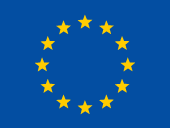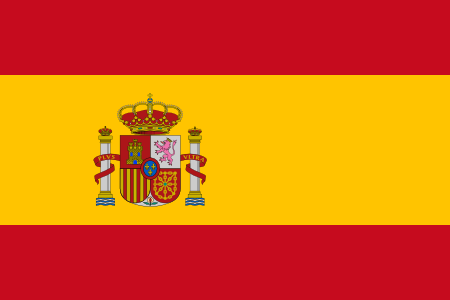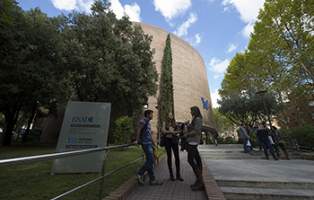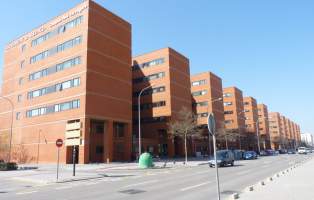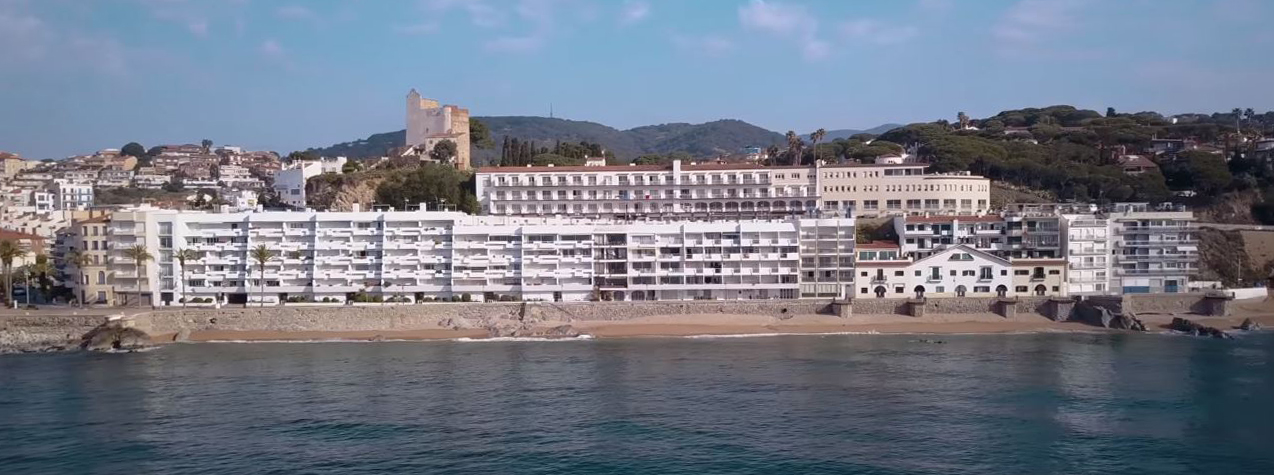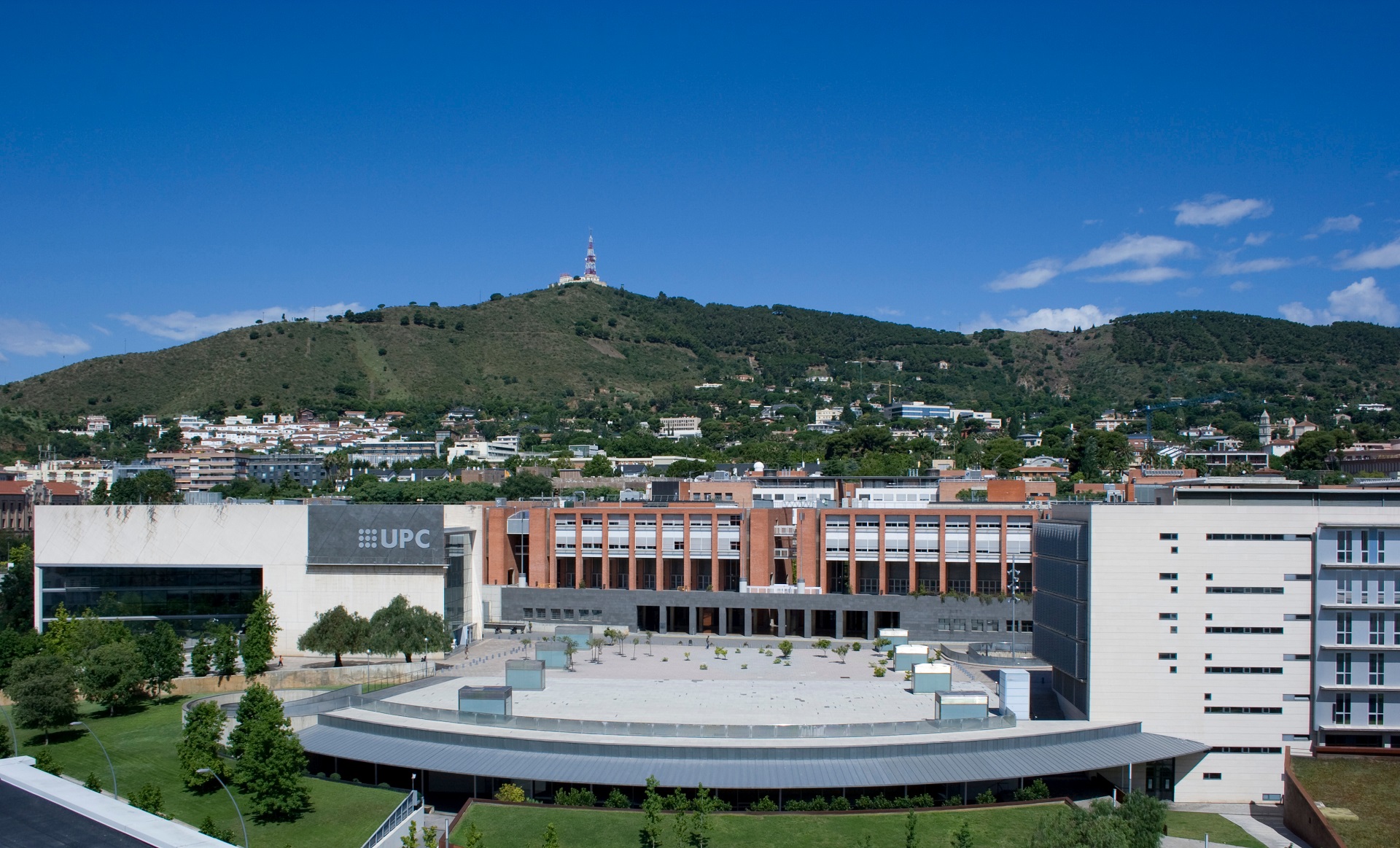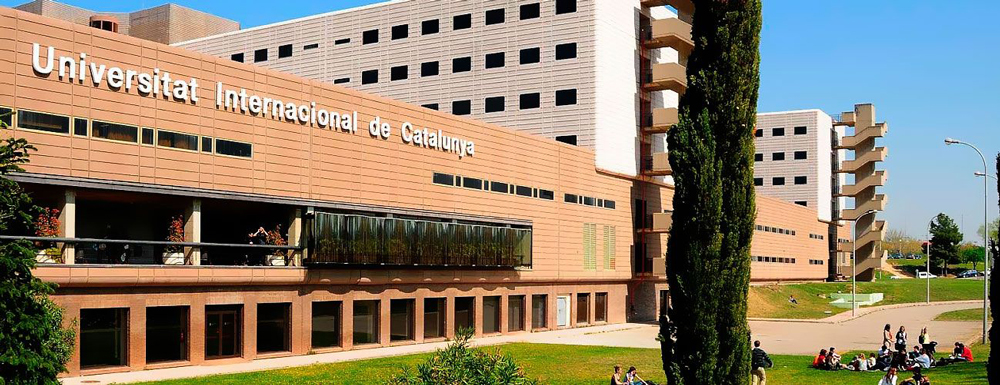Spain: Where Culture and Education Converge
Spain, nestled in Southwestern Europe, offers a diverse blend of culture, landscapes, and a thriving academic environment. It is the largest country in Southern Europe and the fourth-most populous European Union member state. Spain's capital and largest city is Madrid. The other major urban areas include Barcelona, Valencia, Zaragoza, Seville, Málaga, Murcia, Palma de Mallorca, Las Palmas de Gran Canaria, and Bilbao.
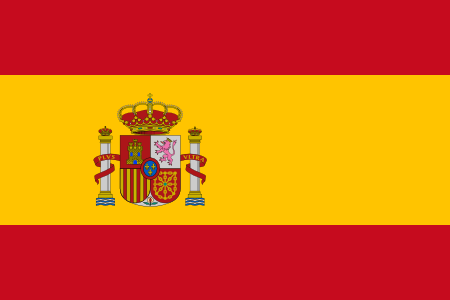
Why Choose Spain?
Rich Culture and Economy
Spain is renowned for its rich culture and a diverse economy. It's also home to significant scientific research and innovation.
Top-Notch Education
Spain's renowned universities, affordable tuition, and living costs make it a top choice for international students. It attracts nearly 40,000 students annually.
Global Recognition
Degrees obtained in Spain are recognized in 47 European Higher Education Area (EHEA) countries and beyond.
Affordable Tuition
For international students, the cost of studying in Spain is between €750 and €2,500 per year at public universities. Fees are charged on a credit basis.
Vibrant Student Cities
Madrid, Barcelona, and Valencia rank among the QS Best Student Cities in 2024, highlighting the country's welcoming atmosphere and diverse education offerings.
Education System
Academic Excellence
Spain boasts 87 universities, with over five ranking among the world's top 500 in the Times Higher Education World University Rankings 2024.
International Destination
Spain is a top choice for Latin American and European students. Spanish is the second most spoken language globally, making it an ideal destination for language enthusiasts.
Competitive Costs
Tuition fees and living costs are competitive, offering great value for international students.
Scholarships & Financial Support
Spain offers various scholarships to international students, including Erasmus+, the European Research Council, and Marie Skłodowska Curie Actions for researchers.
Spanish Programs
For programs in Spanish, explore the Spanish Agency for International Cooperation and Aid (AECID) and regional funding opportunities in Madrid.
Global Collaborations
Initiatives like the TALENTIA POSTDOC FELLOWSHIPS, Universidad Santiago de Compostela PEIN Research Excellence Programme, and NCBS-inStem (India) - CRG (Spain) POSTDOCTORAL FELLOWSHIPS offer exciting prospects.
For Further Information


